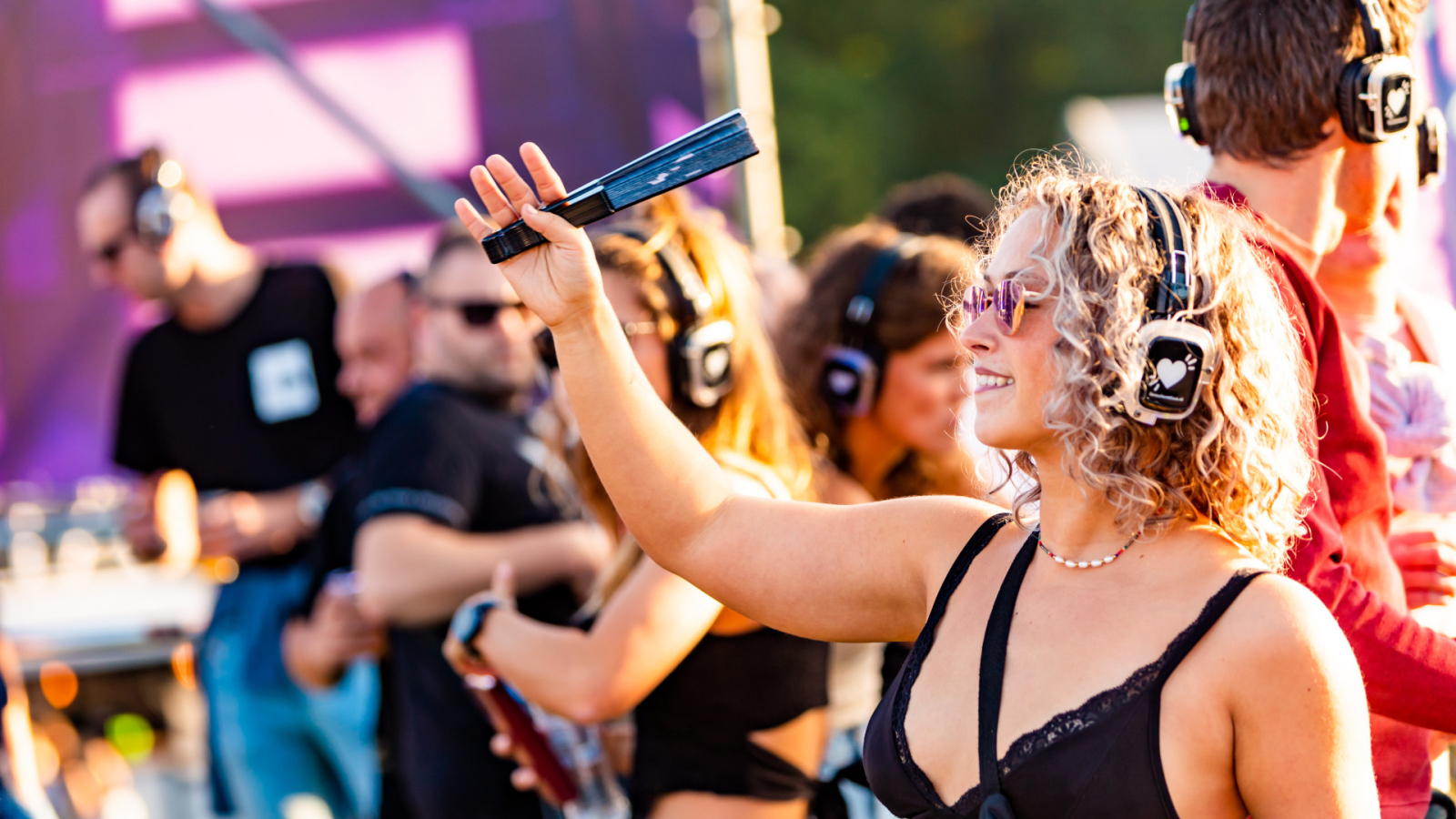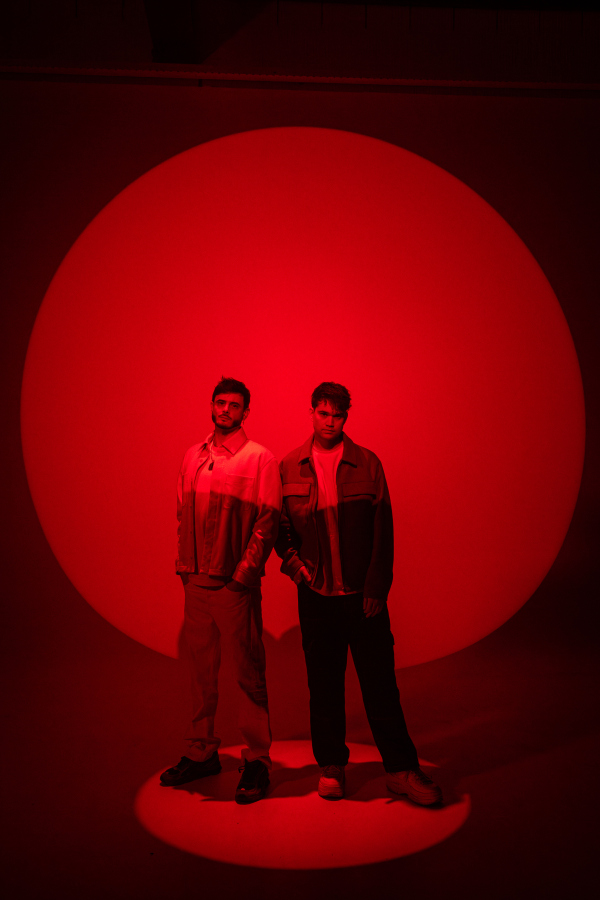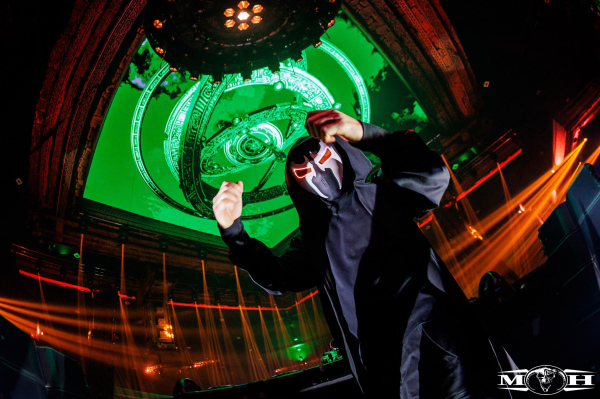We are preparing your order in a ZIP file. keep the window open so we can generate a ZIP file.

How to prevent hearing damage at festivals

Did you know that at an average festival, you are at risk of permanent hearing damage within just fifteen minutes? And hearing a ringing in your ears after a festival already indicates hearing damage? Permanent hearing damage only becomes noticeable when it is too late. Therefore, it is important to wear earplugs and protect your hearing. Hardstyle.com spoke with Martijn Radstok, audiometrist at Alpine, about the importance of good earplugs with music filters.
Hearing damage is, unfortunately, a common problem nowadays across all groups of the population, especially among young people and festival-goers. If you have ever experienced ringing in your ears the morning after attending a festival or concert, this already indicates damage to the hair cells in your ears. The ringing usually goes away eventually, but each time your hearing is overloaded, the chance that it becomes permanent increases.
When the hair cells in your ear are damaged, they no longer transmit information to the brain properly, leading to hearing loss. They can also send incorrect information, such as a ringing or buzzing sound (tinnitus). "The annoying thing about hearing damage is that you only notice it later, when it’s too late. If you have hearing damage or tinnitus, you will suffer from it for the rest of your life," explains Martijn Radstok, audiometrist at Alpine. "It can take over your life because you constantly notice it, especially when you are alone, in a quiet environment, or when you're lying in bed."
Hearing damage can occur at levels starting from 80 decibels. The sound level at a concert or festival is usually around 100 decibels. If you wear earplugs with about 20 decibels of protection, the sound is reduced to a safe level. With such protection, you can safely stay in a noisy environment for up to 8 hours.
Why good earplugs are so important
The best way to prevent (further) hearing damage is by wearing the right earplugs. A recent Dutch research by the I Love My Ears foundation shows that only half of festival-goers bring earplugs to a music event. Of these attendees, 22 percent always wear earplugs, but an equal number does not wear them at all throughout the festival. Most visitors who wear earplugs use universal earplugs with music filters (40%), followed by foam earplugs (33%), universal earplugs without music filters (15%), and custom-made earplugs with music filters (12%).
According to Radstok, earplugs with music filters work best to protect your hearing. Thanks to these acoustic filters, the sound level is reduced to a safe level while maintaining the music experience. Having a conversations also remains possible. If you often go to festivals, Martijn recommends opting for custom-made earplugs. This is an investment but definitely worth it, since the earplug will fit better in your ears.
5 tips to prevent hearing damage
Hearing damage can be prevented by taking a few simple but effective measures. Here are five tips to prevent hearing damage:
✦ Wear earplugs or noise-canceling headphones in noisy environments, such as concerts, construction sites, or when using noisy equipment. Wearing earplugs with a music filter is always recommended at festivals, even if you're not a front-row fanatic.
✦ Avoid prolonged exposure to loud noises. Try to limit the time you spend in noisy environments and take regular breaks to give your ears a rest.
✦ Do not stand too close to sound sources like speakers at events, and find a quieter spot in the venue. Sound decreases significantly with distance, reducing the pressure on your ears.
✦ Keep the volume on your phone, laptop, or other audio devices no higher than 60% of the maximum volume. Use over-ear headphones instead of earbuds to reduce sound pressure. This advice also applies for gamers!
✦ Have your hearing periodically tested by an audiologist, especially if you are frequently exposed to loud noises. Early detection of hearing problems can help prevent further damage.
Header image via Facebook page Elektrum Festival
.jpg)
.jpg)


![This week's hardstyle releases [week 8]](/thumbs/600x0/@0.5x0.5/gfx/news/2026/februari/495700298_1237480657748898_7547187790977583496_n.jpg)

.jpg)